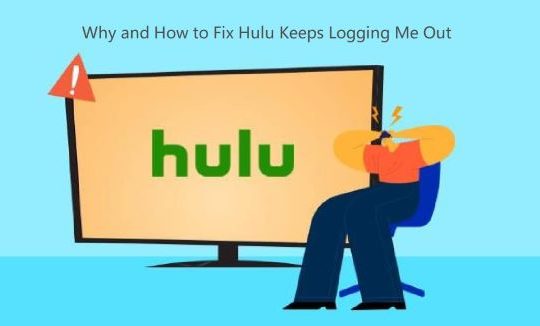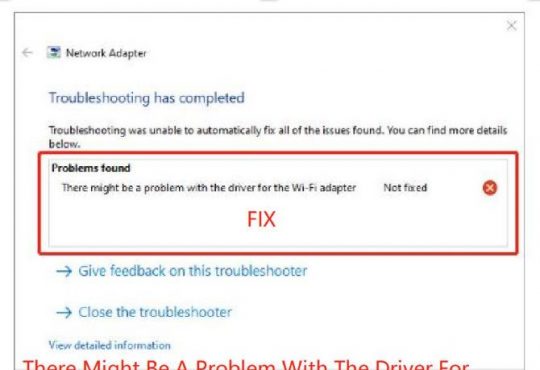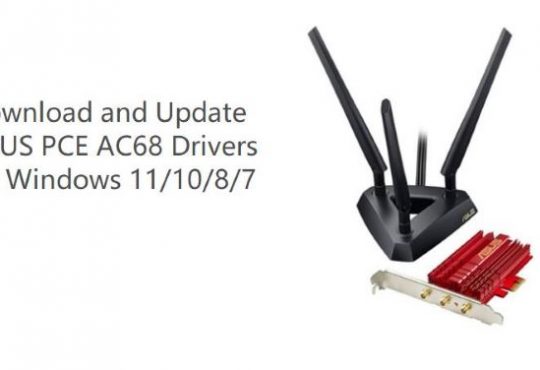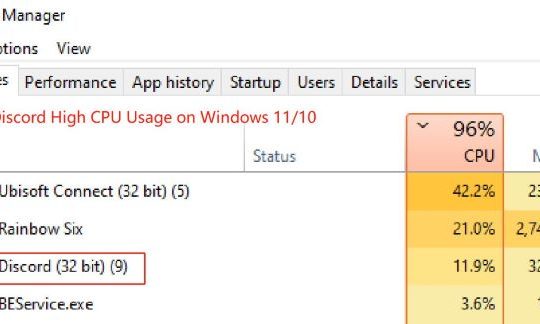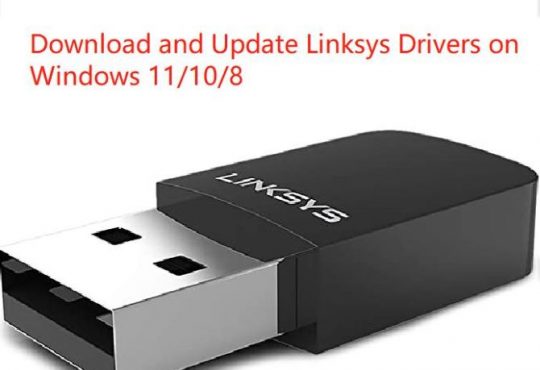No two people can keep a secret. And guess who else can’t keep a secret: the internet. Your birth date, your spouse’s name, your shopping habits, even photos of your children as toddlers are out there for the world to see.
Fortunately, you can take control. We’re living in the information age—an age where the internet is at the center stage of our lives. While the internet has made the world a global village, it has some downsides, and the largest being zero room for privacy.
Hiding or even erasing your data online can reduce someone’s chances of finding it and using it for malicious intent. So, are you ready to take proactive measures to help conceal your identity online? This is what IT security experts want you to know.
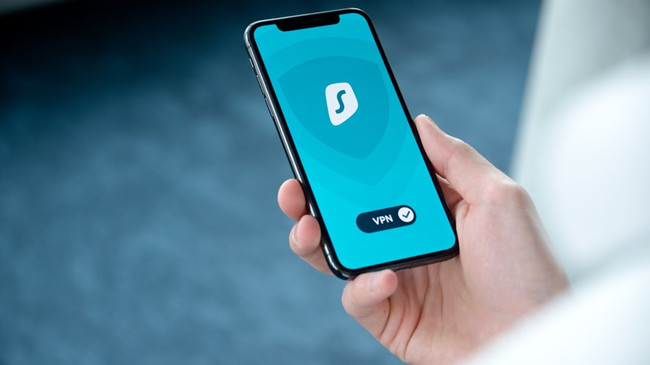
1. Learn How to Hide Your IP Address and Location
The best way to increase your anonymity online is to hide your IP address. This is the only way someone can trace online activity back to you. If someone with malicious intent knows your IP address, it becomes easy for them to see the server’s location that hosts your address.
Once they have this information, they can quickly get an idea of your location. Masking your IP address helps in hiding your home address and location. Most people use a VPN (Virtual Private Network) to hide their IP addresses. A VPN is highly sophisticated and well encrypted to conceal your original location.
2. Change Your Social Media Privacy Settings
Twitter, Facebook, TikTok, Instagram, chances are you’re in one or all of these platforms. Facebook is the biggest social networking site, and they make changes to their privacy policy very often. This introduces new settings that are difficult to track.
In some cases, they even present fewer options than what you had, especially after a significant policy change. Try and learn how Facebook privacy settings work so you can make the changes you want. Also, research the settings for your other social media accounts and make the necessary adjustments.
3. Delete Your Information from Data Broker Sites
Data is the new gold mine. Its importance has led to the increase of data broker sites that harvest people’s data. Today, almost anyone can learn your location address, phone number, and personal email in a matter of minutes.
These data brokers collect your information from public records such as your website or social media platforms. Don’t allow your personal information to float around on the internet where data brokers can easily find it. If you want your information deleted from data broker sites, contact them and request to opt out.
4. Read and Reread the “terms of service” Section
If data brokers have your information, they likely got it from a specific source. In most cases, you as an internet user unknowingly agreed to the Terms of Service that allowed your information to be accessed by a third party. This also applies to your pictures. Most people are lazy and will quickly click on ‘I Agree’ even before reading the Terms of Service.
For instance, Facebook has a “sync” feature where you can synchronize your contact list from your smartphone to Facebook. Choosing the “Sync Contacts” feature exposes your contact list to Facebook’s analytics.
5. Consider Using Anonymous Email
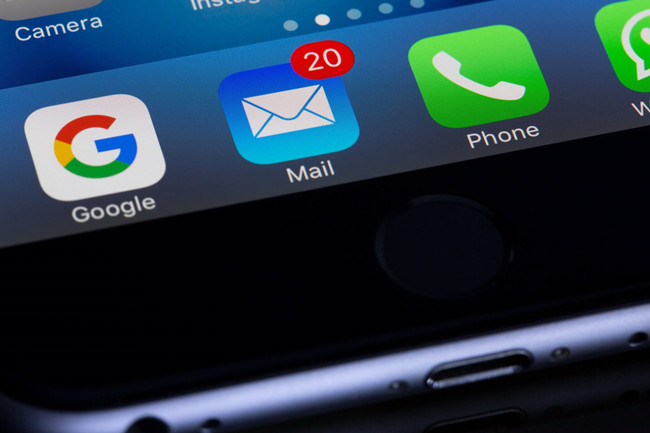
While using a VPN will hide your IP address from unwanted parties, sending emails presents a different challenge. If you want to send someone an email and don’t want them to discover you, here’s one way to go about it. Try and use an alias that works as a forwarding address.
If you send someone an email through a pseudonym, they will only see the forwarding address and not your actual email. This technique keeps your real email address hidden. However, it won’t protect you from being continuously spammed.
6. Mind What You Post Online
You choose what you want to keep private and what you want to show the world. It’s that simple. However, research shows that different age groups respond differently to this. For instance, older generations prefer to handle their issues out of the public realm.
On the other hand, millennials and Generation Z think that oversharing is normal. Sharing everything that comes into your mind to the world has no value. Take control of what you share online and avoid exposing personal details to the world.
The tips above will do well to help keep your personal information hidden from the online realm. Use them, but don’t think that they will do wonders to conceal your privacy. Remember, the buck stops with you. Also, be patient when going through this process because it’s impossible to achieve the results overnight. Sometimes, you’ll need to accept that you cannot erase everything from the internet.
More Articles:
Fixed: Your Connection is Not Private on Google Chrome


